Ready to be a change-maker? The MSc in Climate Change, Agriculture and Food Security at NUI Galway (NUIG) aims to empower students to investigate food security and different agricultural approaches.
Irish Country Living caught up with Professor Charles Spillane, director of the course, and Professor Peter McKeown, course co-ordinator, to find out exactly what this programme is about.
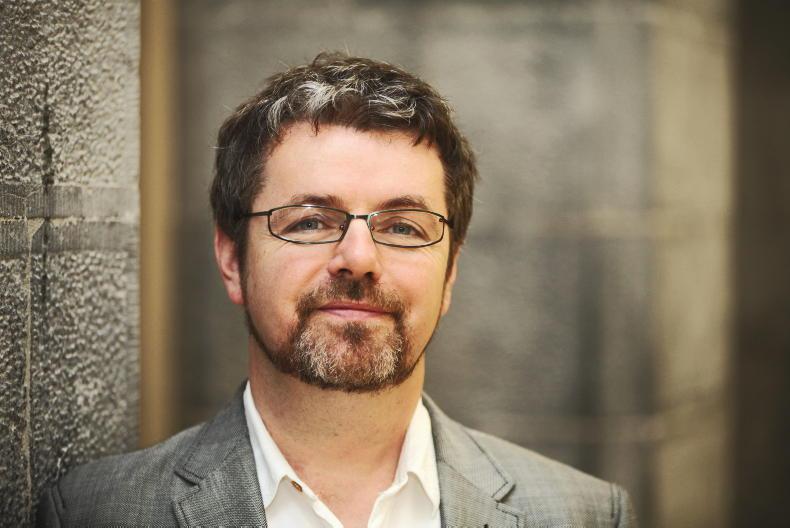
Professor Charles Spillane.
The bones of it
The MSc is a one-year course with a 90 ECTS (European Credit Transfer and Accumulation System) score. It was set up in partnership with a global consortium called the Climate Change Agriculture and Food Security Consortium (CCAFS).
Charles says: “We set up this course to try and train change agents, who would have the skills spanning climate change, agriculture and food security.”
Peter adds: “Although we’re a master’s of science, we sort of act as a conversion course. People will be coming in with quite different skillsets and we try and work with students to put them in touch with what they need to continue on their journey as changemakers. In particular, the course includes a three-month research project, which is usually carried out as a placement. That’s a great way for students to make connections within the area they’re hoping to work in or to pursue further study.”
A global approach
Although Ireland and the European Union are covered within this programme, a large focus is on developing countries. To date, the programme has seen students from 28 countries complete the course.
The programme has a strong socio-economic component, with a focus on poverty reduction and the “leave no one behind” mentality. The aim is to reach the most marginalised. Charles says this aspect is a “big driver” for many students coming to study the course at NUIG.
The MSc touches on three main areas: climate change, agriculture and food security and offers insight into a diverse range of areas.
Climate Change
Charles explains: “We bring students up to speed on what the current challenges are and what are possible solutions around mitigation, which is reducing emissions, and adaptation, which is adapting our systems to future climate change impacts.”
A strong gender component also runs through the programme, with topics such as gender equality.
Agriculture
The course has a strong agricultural component, covering many different areas.
Peter says: “We consider techniques and agronomy, impacts of climate stresses on crops and livestock, the role of breeding programmes in both resilience and deficiency, as well as the scientific aspects.
There’s adaptation to changing weather patterns and climate extremes as well as mitigation of the sector’s own emission
“[We also consider] elements of rural economy, rural communities and resilience more generally – particularly for those who rely upon agriculture for their income and who may be threatened by the breakdown of the global climate.
“There’s adaptation to changing weather patterns and climate extremes as well as mitigation of the sector’s own emissions,” he continues. “That also includes things like nature-based solutions, the role of agroforestry and the incorporation of carbon-rich soils and forestry into landscapes.”
Food security
“There’s a strong food security component to the overall programme and it’s connected to the CCAFS programme,” Charles says.
“We have a lot of international people contributing into the programme, it’s not just the NUI Galway faculty. We have partnerships and our students do projects within that global network.”
Under food security, sustainable food systems, nutritional security, dietary transitions and sharing healthy diverse diets are some of the topics discussed. Reduction of food waste, which is an important aspect of combating climate change, and the general need to transform food systems are also important components within this focus.
Progression
Graduates of an MSc in Climate Change, Agriculture and Food Security have a wide range of fields into which they can progress. Some of the students who have gone through the course in NUIG are now sustainability officers, work in development banks like African Development Bank or in aquaculture. Progressing into PhD studies is also a popular route.
The students who set up their own company, it’s a startup for effectively connecting organic producers with consumers and retailers in the Dublin area
Other graduates work in United Nations agencies like the Food and Agriculture Organisation (FAO) and a group have founded their own companies.
Peter says: “The students who set up their own company, it’s a startup for effectively connecting organic producers with consumers and retailers in the Dublin area.
“A recent graduate works for the Australian government studying soil’s carbon storage. A few have also gone into the area of forestry both in Ireland and in New Zealand. Several also work as environmental consultants for companies within Ireland.”
Read more
Blanco Nino: an Irish food business with a global outlook
Agricultural projects reap awards at BT Young Scientist competition
Ready to be a change-maker? The MSc in Climate Change, Agriculture and Food Security at NUI Galway (NUIG) aims to empower students to investigate food security and different agricultural approaches.
Irish Country Living caught up with Professor Charles Spillane, director of the course, and Professor Peter McKeown, course co-ordinator, to find out exactly what this programme is about.

Professor Charles Spillane.
The bones of it
The MSc is a one-year course with a 90 ECTS (European Credit Transfer and Accumulation System) score. It was set up in partnership with a global consortium called the Climate Change Agriculture and Food Security Consortium (CCAFS).
Charles says: “We set up this course to try and train change agents, who would have the skills spanning climate change, agriculture and food security.”
Peter adds: “Although we’re a master’s of science, we sort of act as a conversion course. People will be coming in with quite different skillsets and we try and work with students to put them in touch with what they need to continue on their journey as changemakers. In particular, the course includes a three-month research project, which is usually carried out as a placement. That’s a great way for students to make connections within the area they’re hoping to work in or to pursue further study.”
A global approach
Although Ireland and the European Union are covered within this programme, a large focus is on developing countries. To date, the programme has seen students from 28 countries complete the course.
The programme has a strong socio-economic component, with a focus on poverty reduction and the “leave no one behind” mentality. The aim is to reach the most marginalised. Charles says this aspect is a “big driver” for many students coming to study the course at NUIG.
The MSc touches on three main areas: climate change, agriculture and food security and offers insight into a diverse range of areas.
Climate Change
Charles explains: “We bring students up to speed on what the current challenges are and what are possible solutions around mitigation, which is reducing emissions, and adaptation, which is adapting our systems to future climate change impacts.”
A strong gender component also runs through the programme, with topics such as gender equality.
Agriculture
The course has a strong agricultural component, covering many different areas.
Peter says: “We consider techniques and agronomy, impacts of climate stresses on crops and livestock, the role of breeding programmes in both resilience and deficiency, as well as the scientific aspects.
There’s adaptation to changing weather patterns and climate extremes as well as mitigation of the sector’s own emission
“[We also consider] elements of rural economy, rural communities and resilience more generally – particularly for those who rely upon agriculture for their income and who may be threatened by the breakdown of the global climate.
“There’s adaptation to changing weather patterns and climate extremes as well as mitigation of the sector’s own emissions,” he continues. “That also includes things like nature-based solutions, the role of agroforestry and the incorporation of carbon-rich soils and forestry into landscapes.”
Food security
“There’s a strong food security component to the overall programme and it’s connected to the CCAFS programme,” Charles says.
“We have a lot of international people contributing into the programme, it’s not just the NUI Galway faculty. We have partnerships and our students do projects within that global network.”
Under food security, sustainable food systems, nutritional security, dietary transitions and sharing healthy diverse diets are some of the topics discussed. Reduction of food waste, which is an important aspect of combating climate change, and the general need to transform food systems are also important components within this focus.
Progression
Graduates of an MSc in Climate Change, Agriculture and Food Security have a wide range of fields into which they can progress. Some of the students who have gone through the course in NUIG are now sustainability officers, work in development banks like African Development Bank or in aquaculture. Progressing into PhD studies is also a popular route.
The students who set up their own company, it’s a startup for effectively connecting organic producers with consumers and retailers in the Dublin area
Other graduates work in United Nations agencies like the Food and Agriculture Organisation (FAO) and a group have founded their own companies.
Peter says: “The students who set up their own company, it’s a startup for effectively connecting organic producers with consumers and retailers in the Dublin area.
“A recent graduate works for the Australian government studying soil’s carbon storage. A few have also gone into the area of forestry both in Ireland and in New Zealand. Several also work as environmental consultants for companies within Ireland.”
Read more
Blanco Nino: an Irish food business with a global outlook
Agricultural projects reap awards at BT Young Scientist competition





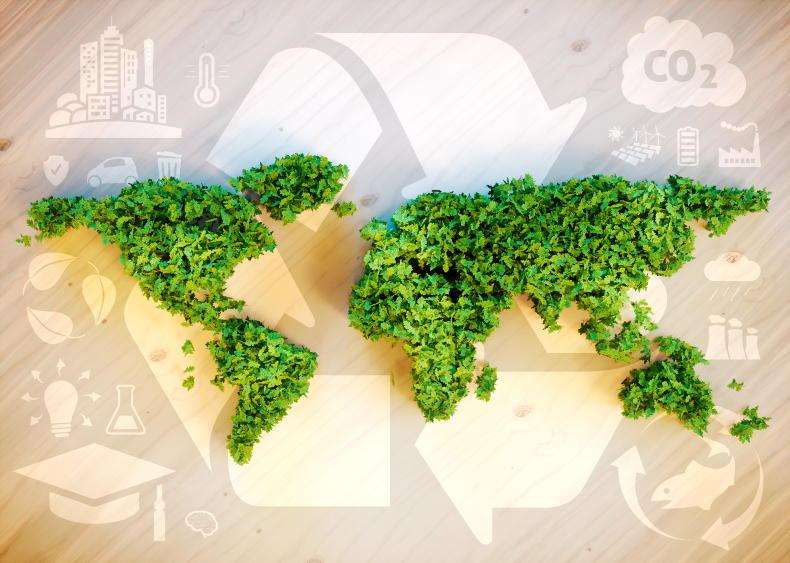
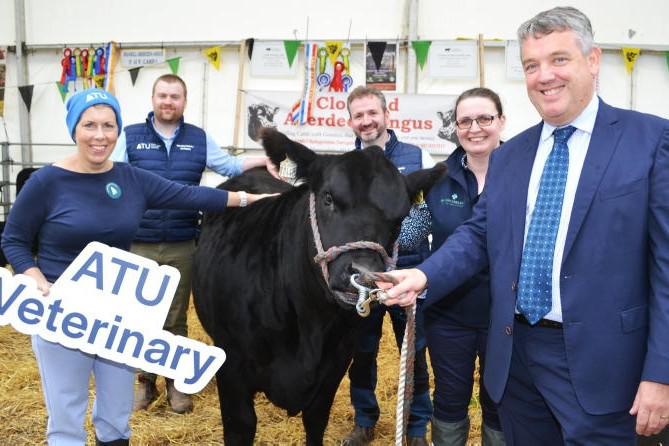
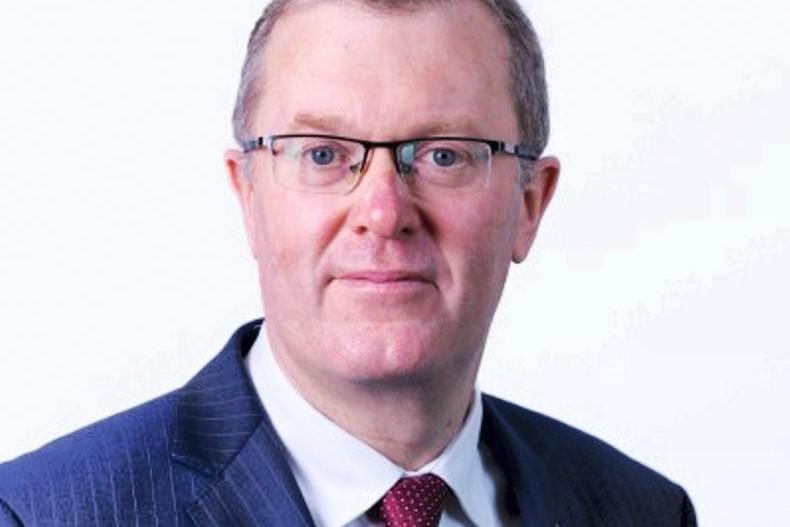
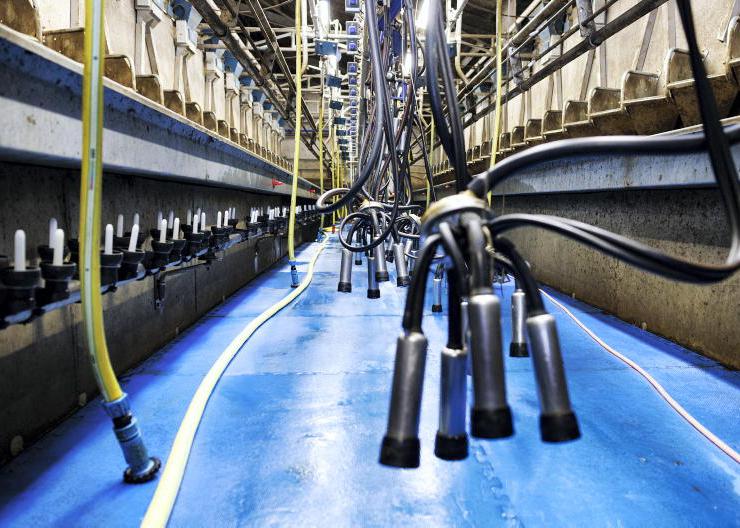

SHARING OPTIONS